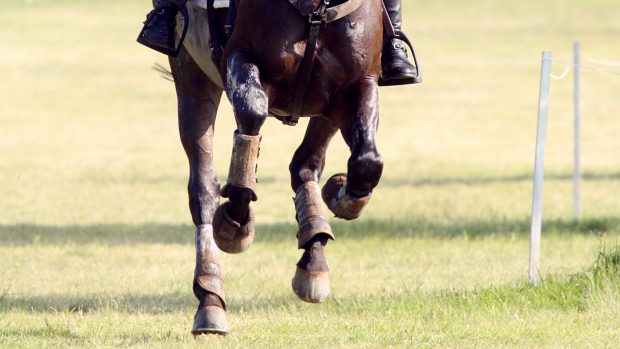More articles on joint problems in horses
Find an equine vet
Many of today’s competition horses have less down time than they would have done 10 years ago.
As a result, there is an increasing trend to treat joints on a regular, so-called preventative, basis sometimes referred to as “joint maintenance”.
But what medications are typically used and what are their effects? H&H finds out
There are four principle types of medication used to treat equine joints:
• Hyaluronan (hyaluronic acid)
Hyaluronan is a normal constituent of joint fluid that is produced by the cells that line the outer membrane of the joint. As a natural product it cannot be detected on routine dope tests.
• Corticosteroids (including triamcinolone acetonide and methylprednisolone acetate)
Corticosteroids are potent anti-inflammatories. They act rapidly and have a valuable role in the management of joint inflammation.
But they they can increase the loss of important structural components from the joint cartilage, although this can be reduced by injecting hyaluronan at the same time. Another potential problem is the development of laminitis.
Corticosteroids are readily detected in routine drug tests.
• Polysulphated glycosaminoglycans (Adequan)
Polysulphated glycosaminoglycans are incorporated into the articular cartilage and are valuable in the management of osteoarthritis. These are also natural drugs so not detectable in a dope test.
There are, however, occasional severe, so-called flare responses after injection, which can be alarming and difficult to manage.
• Interleukin 1 receptor antagonist (IRAP)
Interleukin 1 receptor antagonist is produced by collecting blood from a horse in a specialised syringe.
It is then processed so that a fragment of the blood rich in IRAP is saved and either injected into the joints of the same horse then, or frozen and injected at a later date. IRAP is natural, so undetectable in a dope test.
For the full feature on equine joint medication, see the current issue of Horse & Hound (7 October, ’10)
Looking for more articles on joint problems in horses?
Find an equine vet near you




